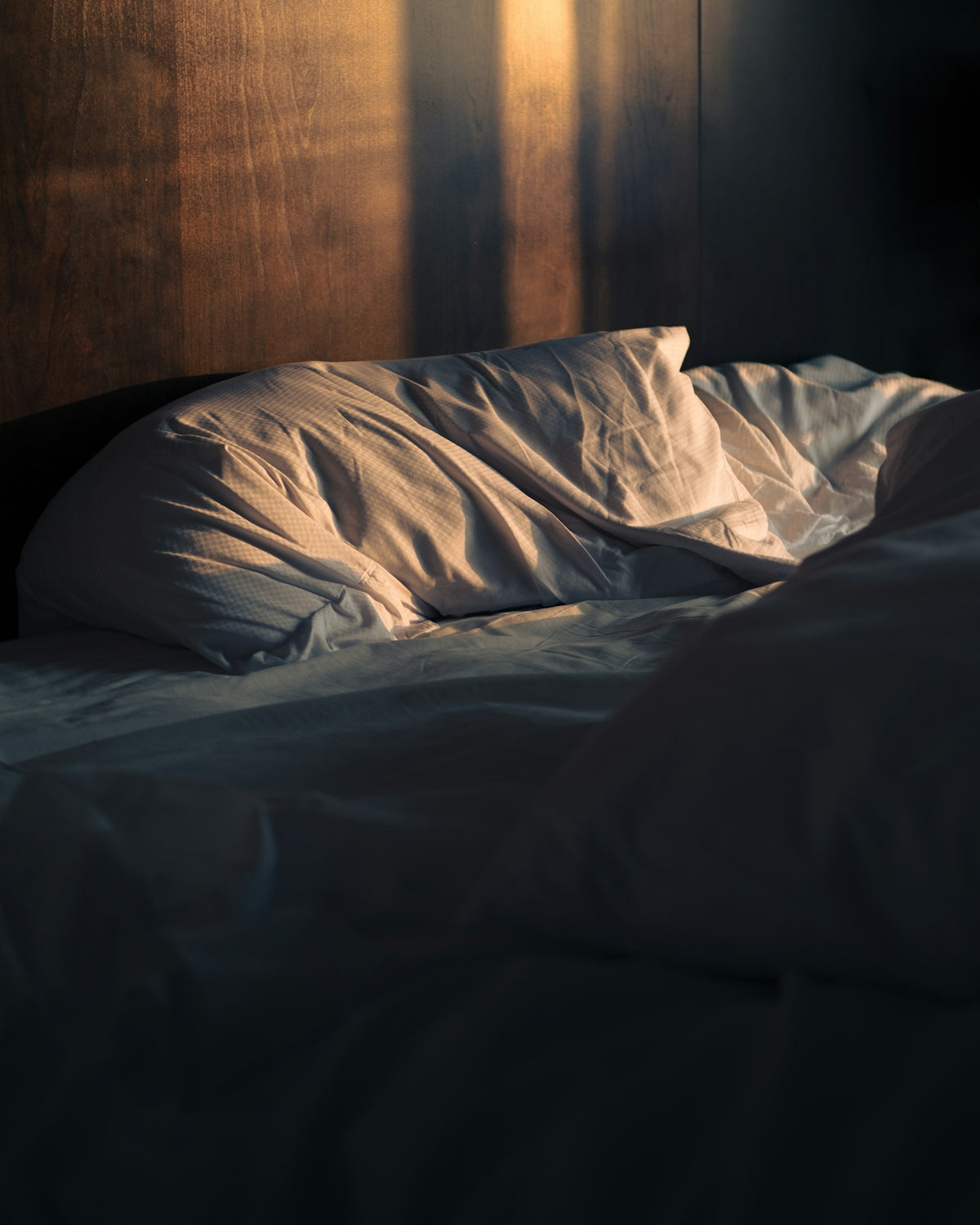Sleep—a fundamental aspect of health and well-being—has seen remarkable transformations throughout history. From ancient practices to contemporary challenges, the patterns of sleep have continuously evolved, influenced by cultural, societal, and technological changes. In this blog post, we will explore the historical shifts in sleep patterns from the Industrial Age to the present, delving into the impact these shifts have had on our health and daily lives.
The Industrial Revolution: A New Era of Sleep
The onset of the Industrial Revolution in the late 18th century marked a significant turning point in human society, dramatically altering work and lifestyle paradigms. With the introduction of factories and artificial lighting, people began to shift from the natural rhythms of day and night to a more regimented work schedule.
Changes in Sleep Patterns
- Pre-Industrial Society: People typically adhered to biphasic sleep, characterized by two periods of sleep with a wakeful period in between.
- Industrial Shift: The need for labor in factories, often operating around the clock, led to the rise of a consolidated nocturnal sleep, where individuals aimed to obtain all their rest in a single block during the night.
This change, however, did not come without its challenges. Sleep quality often suffered, with reports of heightened fatigue, stress, and health problems on the rise.
Modern Sleep Challenges
Fast forward to the present, and the industrial shifts in sleep have evolved into our current complexities—thanks, in part, to technological advances. The digital age has brought with it screens, smartphones, and the internet, frequently disrupting natural sleep patterns.
The Impact of Technology
The proliferation of devices emitting blue light has been shown to impede melatonin production, delaying sleep onset and reducing sleep quality. This has led to a surge in sleep disorders, underscoring the rising need for effective solutions to counteract modern challenges.
ZenBlend - Ashwagandha Complex with Niacin: As technology continues to intrude into our sleep, natural solutions like ZenBlend, known for its calming effects, can help manage stress and anxiety levels, promoting a more restful slumber.
Health Implications and Solutions
Inadequate rest not only affects daily performance but is also linked to long-term health risks, including obesity, cardiovascular diseases, and mental health issues. Recognizing these challenges, today's consumers are increasingly seeking holistic solutions to improve sleep quality.
Nutritional Interventions
Utilizing natural supplements can support better rest and overall health:
- BioEyeNourish Vision Support Supplement: While primarily aimed at enhancing eye health with ingredients like bilberry and lutein, BioEyeNourish contributes to reducing screen time stress, an indirect influence on sleep health.
- An Apple a Day - Apple Cider Vinegar Plus Herbs: Known for its myriad of health benefits, An Apple a Day supports weight management and digestion, aiding in preventing sleep disturbances caused by digestive discomfort.
Rethinking Modern Lifestyle
With the clear connection between sleep and overall health, it becomes essential to reconsider daily routines and environments to foster better sleep hygiene:
- Reduce screen time close to bedtime.
- Create a comfortable sleeping environment.
- Incorporate relaxation techniques, such as meditation or deep breathing, to unwind before sleep.
Conclusion
The journey of sleep—from segmented patterns during the earlier days of the Industrial Age to today's consolidated yet often disrupted sleep—illustrates how societal progress continues to challenge our natural sleep instincts. As we move forward, it is crucial to embrace both lifestyle adjustments and natural remedies to safeguard this vital aspect of health.
For more insight into enhancing your well-being through natural products, visit Bio Body Boost. Explore a range of solutions designed to harmonize with your lifestyle and improve your quality of life.
By reflecting on historical shifts, addressing current challenges, and prioritizing natural interventions, we can strive towards achieving the restful sleep necessary for vibrant and healthy living.









0 comments